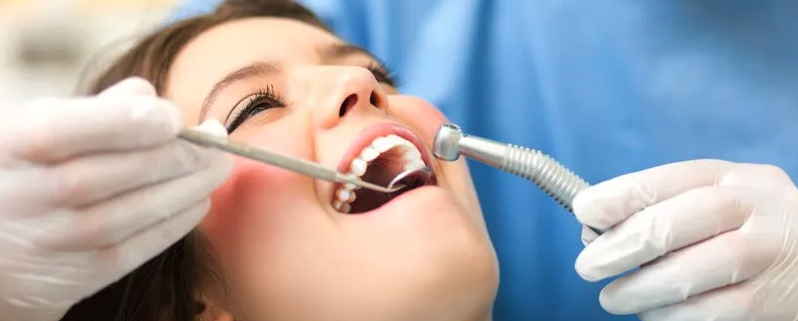False Economies to Avoid When Caring for Your Teeth
In your quest to save money, you need to be careful not to make any missteps that could cause worse problems later. This is especially important in healthcare, including dental health. Neglecting your teeth can cost a lot of money later on. Here are some false economies to avoid when caring for your teeth.
1. Boil-and-Bite Night Guards
Some dental patients are told to use a night guard to help guard against damage from nighttime tooth grinding (also known as bruxism). However, if you buy the one the dentist offers with a professional fitting, you may have to pay a steep price. Many patients opt to find a guard from an alternate source instead.
If you do this, you’ll want to avoid going for the cheapest option. The boil-and-bite style night guards that you can easily get for just a few dollars each may seem like a great deal, but many patients struggle with actually using them. The guard may be the wrong size for your mouth, may be difficult to fit, or may simply be too bulky and keep you awake at night.
If you’re looking for an alternative to a professionally fitted guard from your dentist, try a mid-range price instead. You may be able to obtain a guard that’s professionally made from a mold of your teeth that you make at home. While significantly more expensive than boil-and-bite, these guards are more likely to be effective and easy to use.
2. Low-Cost Dentists
While price can be a huge factor for many dental patients, you’ll want to be cautious about using it as the only factor in which dentist you choose. If you pay bargain-basement prices, you could end up with bargain-basement quality. This is especially important if you’re having fillings or other procedures, which can go wrong if you don’t have a high-quality dentist.
3. Last-Minute Fillings
If your dentist says you have only a small cavity, you may be able to wait a little while until you can afford to have the cavity filled. But if you wait for more than a few weeks, neglecting to have the cavity filled can be a risky business. It may not seem like a big issue if the cavity doesn’t hurt yet, but waiting until it does can be a really bad idea.
If you don’t have cavities filled in a timely manner, they can worsen until they reach the pulp of your tooth. Once the pulp is infected, you won’t be able to solve the problem with a simple filling anymore. Instead, you may need a root canal. Root canals are much more expensive and time consuming, not to mention painful. You could even lose the tooth.
4. Cheap Food
If you eat a lot of cheap pre-packaged or processed food (or even fast food) to save money, you might want to take a step back and consider how this habit could affect your health. Many processed foods have a lot of sugars or simple starches, both of which can feed the cavity-causing bacteria in your mouth.
5. Cheap Toothbrush
Choosing your tooth care products is another thing you shouldn’t base solely on price. You need to have criteria for a brush that will help and not harm your teeth. For example, a toothbrush with jagged, unrounded bristles can damage tissues, such as your gums – and gum problems (such as gum recession or gingivitis) can be expensive.
So just because a toothbrush is dirt-cheap doesn’t mean it’s a great buy. Fortunately, even a good toothbrush is unlikely to be extremely expensive. Look for the ADA Seal of Approval to make sure your soft toothbrush has end-rounded bristles.
These are just some examples of cutting short-term dental costs in a way that could cost more money in the end. Rather than pinching pennies at every turn, take a serious look at your dental care needs and avoid any cost-cutting strategies that could compromise dental health.
To keep your teeth in great shape, don’t forget to schedule your dental appointments regularly. Call the office of Richard Leong Jr., DDS, PA, today.




